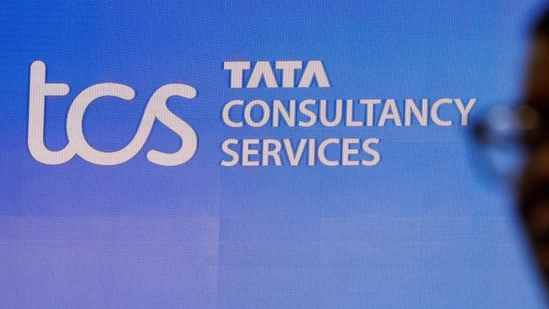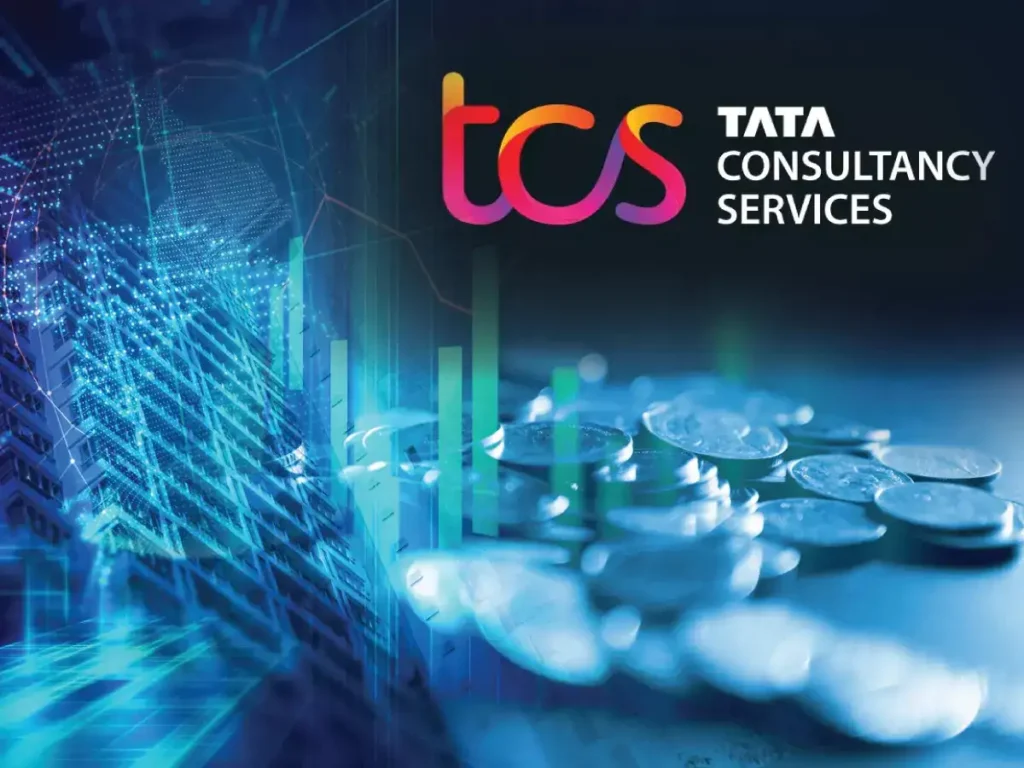Now Reading: TCS Clarifies: Job Cuts Linked to Skill Gaps, Not AI or Automation
-
01
TCS Clarifies: Job Cuts Linked to Skill Gaps, Not AI or Automation
TCS Clarifies: Job Cuts Linked to Skill Gaps, Not AI or Automation

Tata Consultancy Services (TCS), one of India’s top IT companies, has clarified that recent job exits are not due to automation or AI, but because of a widening skill mismatch. The company’s CEO K Krithivasan addressed growing concerns after reports of layoffs, emphasizing that the shift is about people not being aligned with evolving client demands—not technology replacing humans.
Skill Mismatch at the Core
According to TCS, the IT landscape is rapidly evolving, and clients now demand niche expertise—especially in cloud services, cybersecurity, and AI integration. Employees who haven’t kept up with these fast-changing skills are finding it harder to fit into current project requirements.
This isn’t about automation wiping out roles overnight. It’s about a lag between what the company needs and what many workers currently bring to the table.
Not an AI Problem, Yet
While automation and generative AI are reshaping how IT companies operate, TCS maintains that these technologies haven’t directly triggered mass job cuts. In fact, Krithivasan noted that AI is still in early phases when it comes to implementation at scale in most real-world projects.
So while AI may change roles down the line, the present wave of exits has more to do with the inability to reskill or shift to newer domains.
What This Means for Indian Tech Talent
For engineers and tech professionals across Tier 2 cities like Nagpur, Jaipur, and Coimbatore—where many TCS employees come from—this signals an urgent need to invest in continuous learning. Traditional programming skills alone may no longer be enough.
Many mid-career professionals are now facing pressure to pivot into high-demand areas or risk being left behind.
TCS Still Hiring, But Selectively
Despite the cuts, TCS hasn’t frozen hiring altogether. The company continues to onboard freshers and lateral hires with the right skillsets. In short, they’re not reducing headcount—they’re reshaping it.
The focus now is on quality over quantity. Teams need to be agile, future-ready, and tailored to client-specific needs, not just large in number.
Conclusion
The big takeaway is that job losses at TCS are more about readiness than redundancy. Employees who upgrade their skills still have room to grow. For India’s vast tech workforce—especially in non-metro cities—this is a wake-up call. The future isn’t just about surviving automation; it’s about staying relevant in a fast-evolving industry.
























